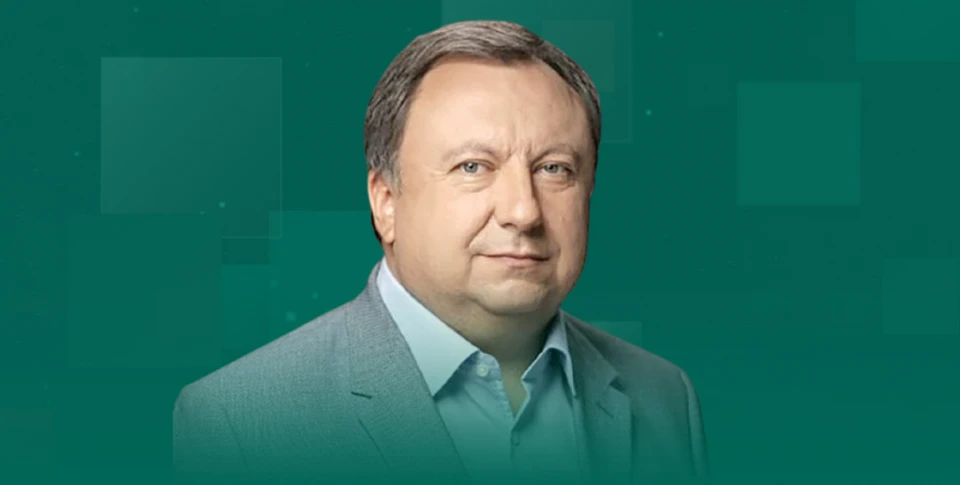
Christmas abroad: why refugees choose to return home
Every day, thousands of Ukrainian families face a tough choice: stay abroad or return home. Before the holidays, massive traffic jams formed at the western border, with up to 50 buses queued at once
In just one day, 150,000 Ukrainians crossed the border between Ukraine and Poland in both directions - a record number.
People traveled actively to reunite with their families: some heading to those in forced exile, others to loved ones who stayed home. Christmas, the most family-centered holiday of the year, holds special significance for Ukrainians, especially during this great war, as they have learned to value peace and comfort more than ever, despite Russia's relentless attempts to take them away.
Millions of families scattered around the world by the war want to experience the miracle of Christmas together, at least on this day, and regain the memory of their old pre-war life. They will return home from abroad.
Skeptics argue that even after the fighting ends, Ukrainians won’t return home from abroad. But I remain optimistic. Even sociology shows that half of our compatriots are determined to leave the comfort of Europe and come back to Ukraine.
Whether that number grows depends on the government and its demographic policies. That’s why I've been working on this issue for the third year in a row, doing everything possible to ensure the Ukrainian government hears my concrete proposals for bringing Ukrainians back home.
Homesickness is an incredibly powerful feeling, outweighed only by fear for one's life and the lives of loved ones. But once that fear fades, neither unemployment nor the lack of housing will stop those who decide to return and choose Ukraine. We already see such examples. In one of my films, I told the story of Yulia Aleksandrova, who fled to Poland with her three children in the spring of 2022. The children integrated well into Polish society, and Yulia found a great job in her field. However, a few months ago, they decided to return to Ukraine - they deeply missed their husband and father. Now, the family is celebrating their first Christmas together in Ukraine since the invasion.
At first, everything felt like a true Christmas fairy tale: familiar walls helped them endure all the challenges, the children were joyful, and the parents were happy. However, over time, things became increasingly difficult - not materially, but psychologically. Yulia noticed how the war and constant stress had changed Ukrainians. Pre-war carefree attitudes were gone, replaced by growing unprovoked aggression. Additionally, the irresponsible behavior of the authorities, ongoing corruption scandals, and cynicism eroded the remaining optimism.
When discussing the return of Ukrainians, we often focus on issues of safety, housing, and jobs. This is entirely appropriate since these are basic needs. However, I also pay attention to comments under my videos, where people talk about less obvious but equally important aspects, such as democracy, dignity, and human rights. These cannot be measured in money or addressed with a government program - they are about the philosophy of post-war Ukraine and its future governance.
People return to places where they feel valued, where their dignity is protected, where there is no abuse of power by law enforcement, and where officials demonstrate empathy. That’s why in my draft law on the foundations of demographic policy, I emphasize the need for the state itself to change - its services and ideology.
Ukraine must become a truly European country in every sense, not just a formal EU member. Our refugees can be a valuable asset for Ukraine’s future, as they have experienced how a state focused on the interests of its citizens should function.
Yulia Aleksandrova highlights this when she shares her son Tymofiy’s frustration upon returning to a Ukrainian school, where respect for children is lacking. After studying in Poland, he has learned what genuine attention and care for students look like.
Yulia understands that the issue isn’t just with teachers, who earn meager salaries and live under constant stress, like most Ukrainians. She hopes that after the war, Ukrainians will finally choose a competent government, both professionally and morally. She remains optimistic.
When Ukrainians think about the future in the new year, they often feel fear, confusion, and anxiety - feelings that have even slightly increased compared to last year. These findings come from a nationwide survey conducted by the Democratic Initiatives Foundation in partnership with the Razumkov Center’s sociological service.
However, the most important thing is that 55% of Ukrainians still feel hope. In such challenging times, that’s significant. This hope fuels the belief that Ukraine will endure and prevail in its fight against the enemy.
May your Christmas be warm and filled with the spirit of home, wherever you are - whether in Ukraine or abroad. And may the Christmas miracle bring victory and peace to Ukraine.
Christ is born! Glorify Him!
About the author. Mykola Kniazhytskyi, journalist, Member of the Ukrainian Parliament.
The editors don't always share the opinions expressed by the blog authors.
- News












































